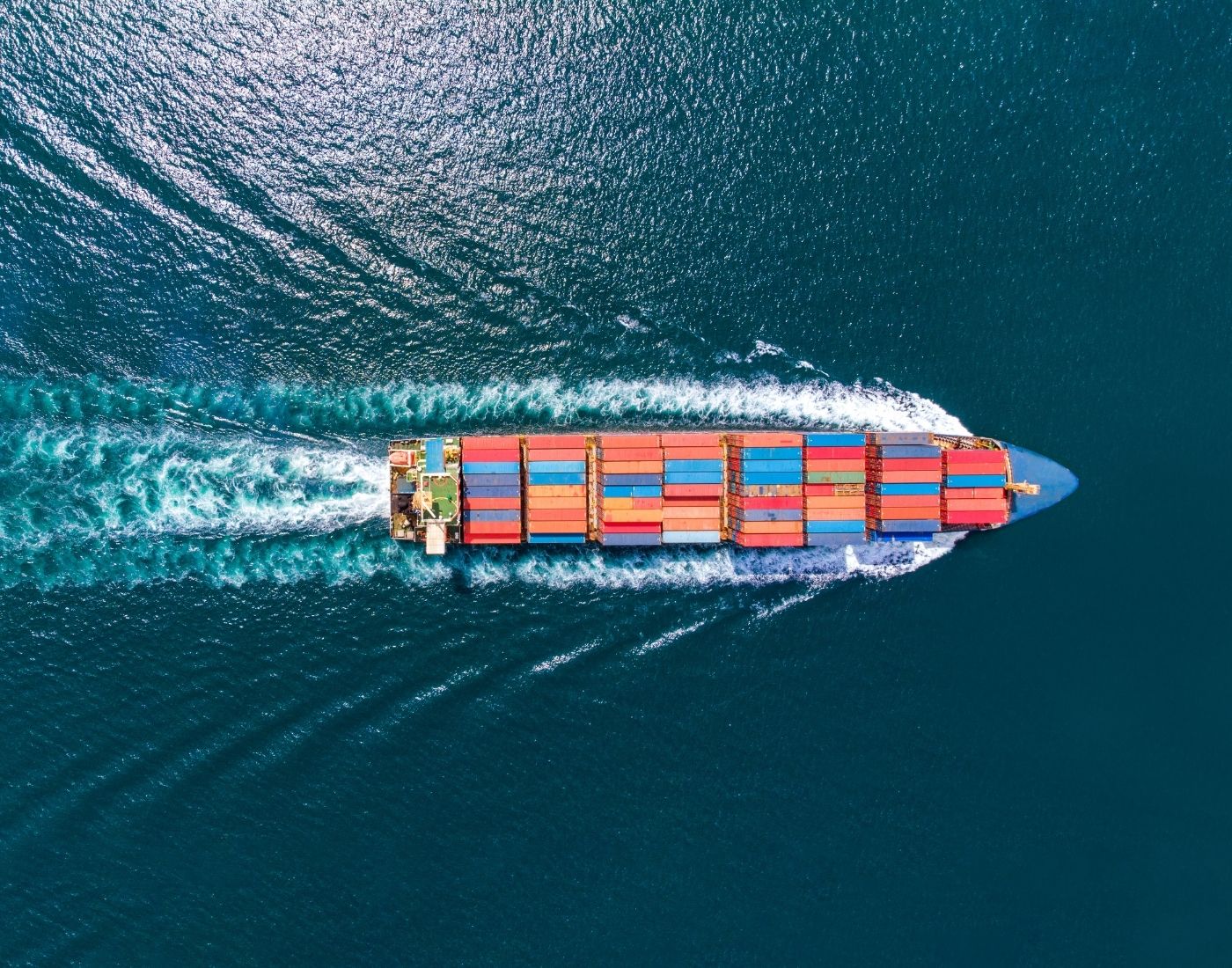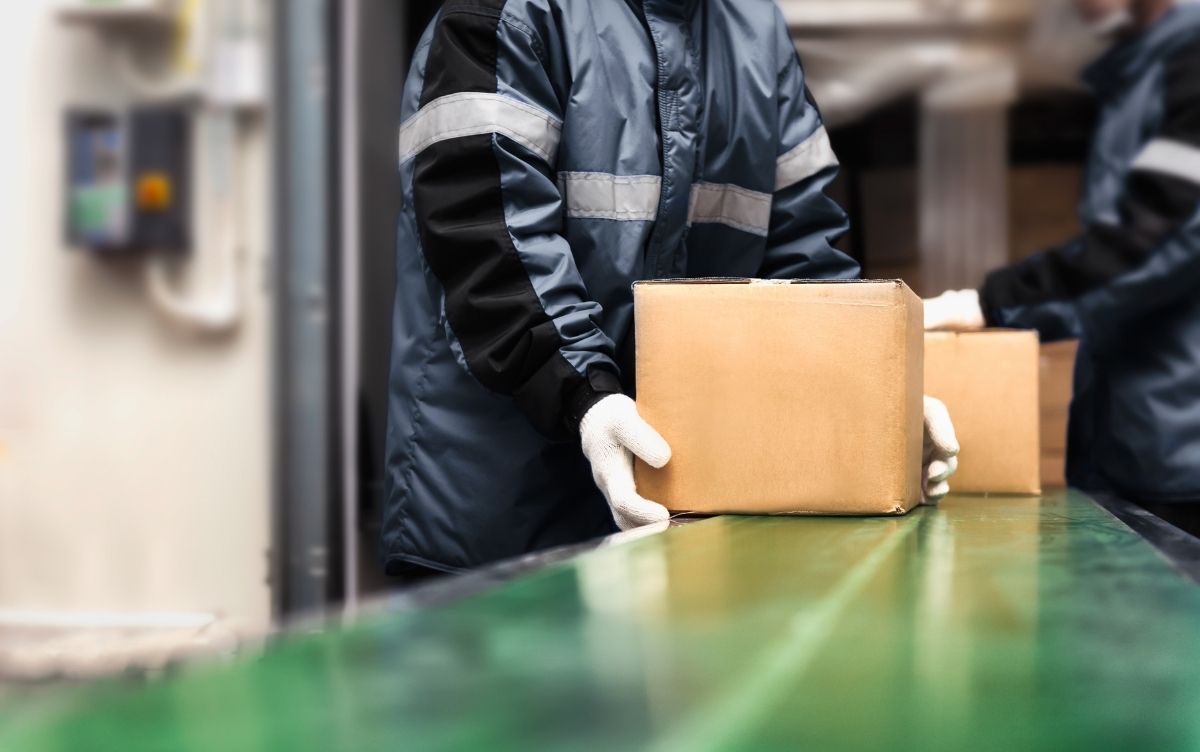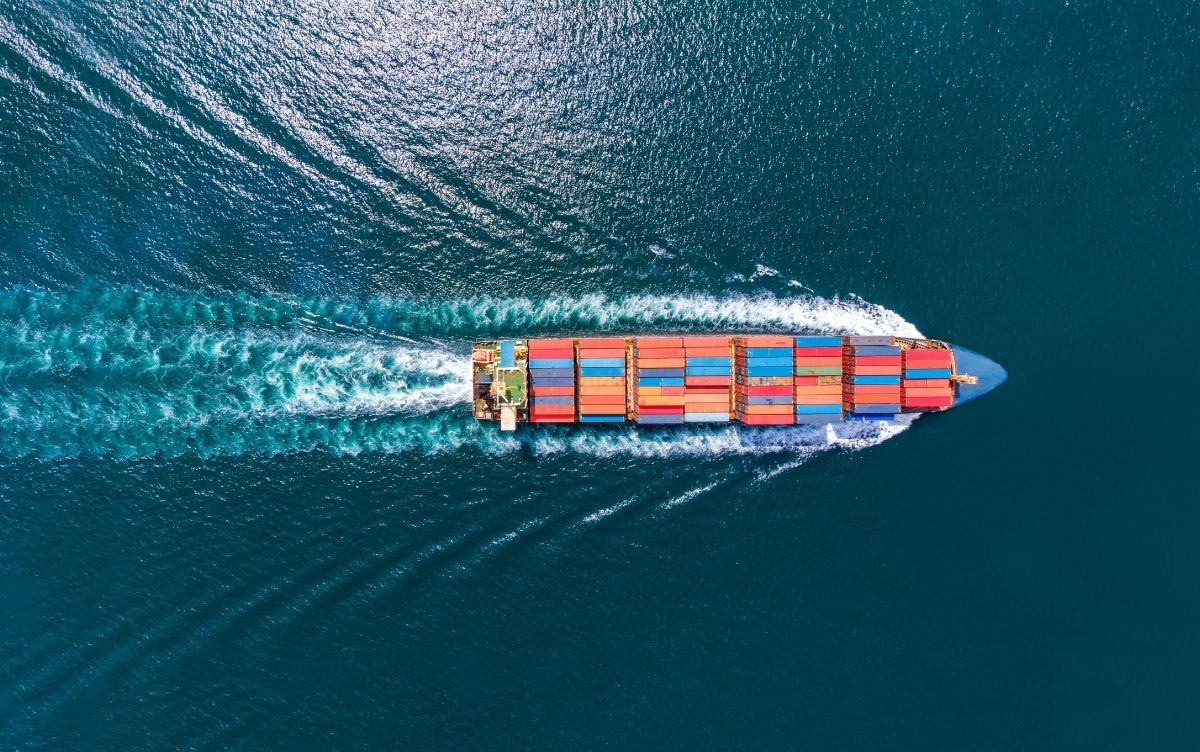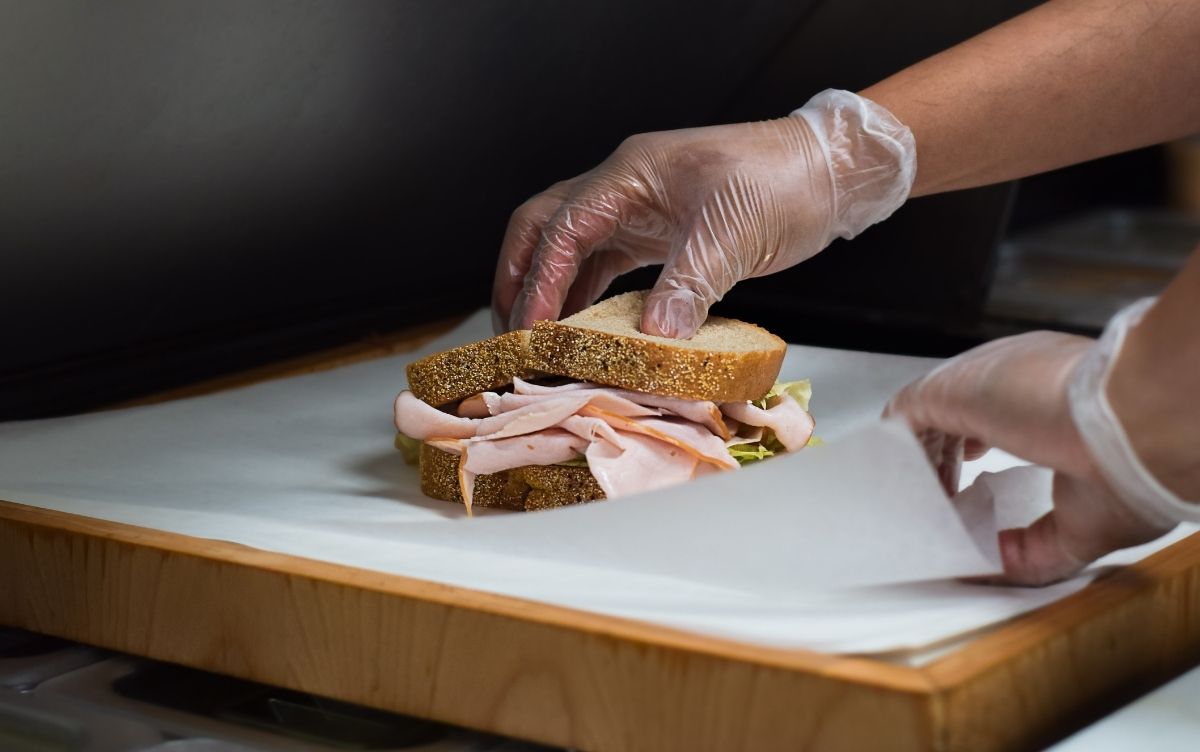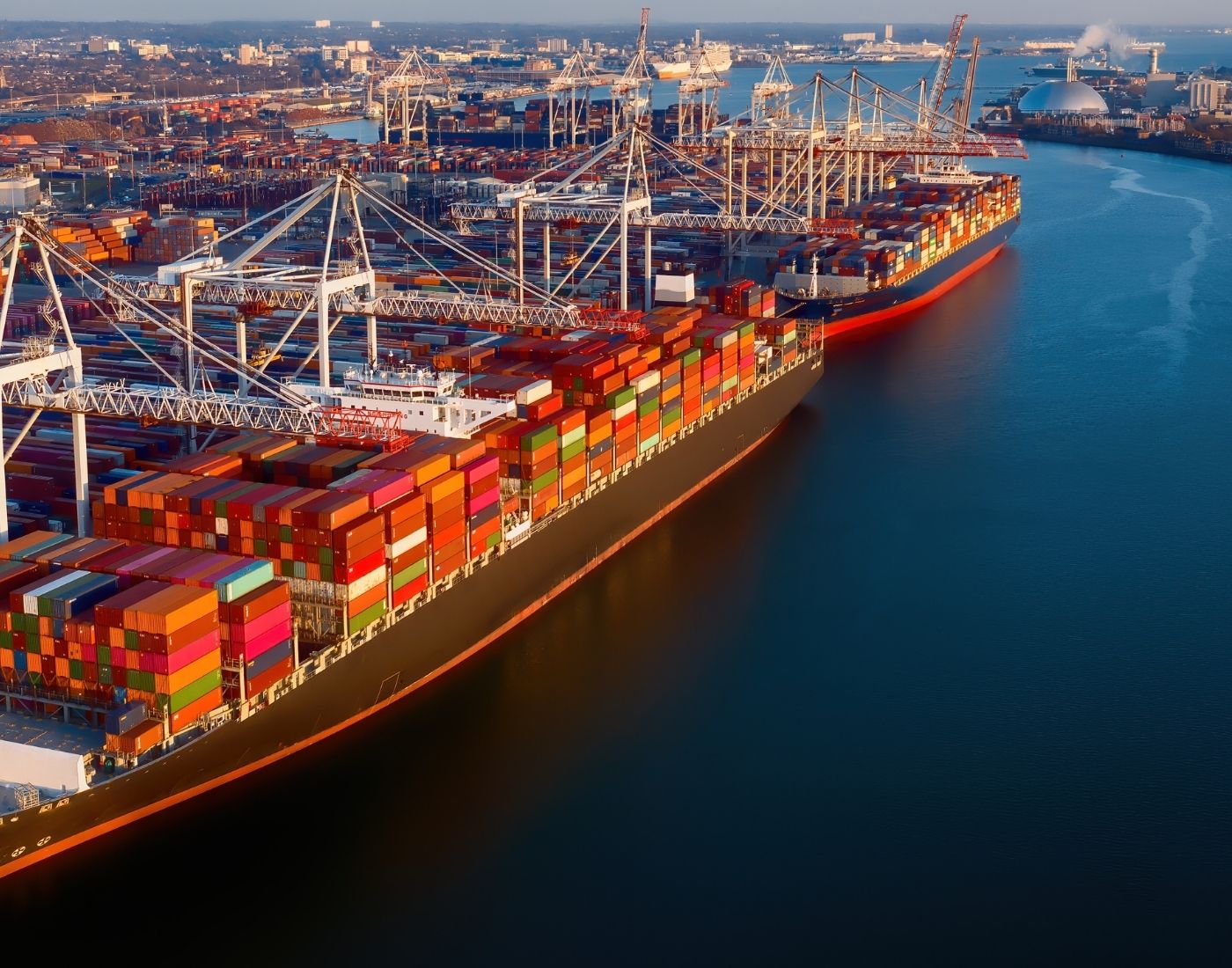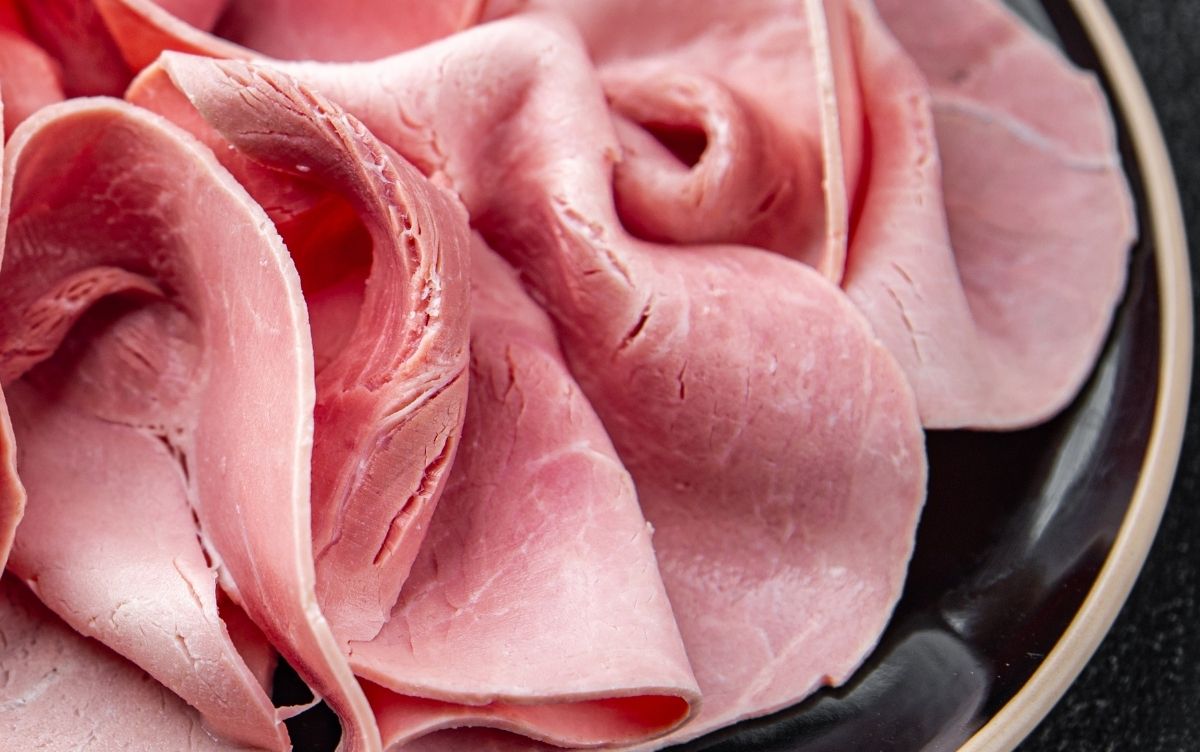We have a responsibility to make sure that food and feed imported into and exported from Scotland meets legal requirements.
Food Standards Scotland sets the rules for importing food, feed, and food contact materials (FCM), such as plastics and ceramics, into Scotland and the rest of Great Britain. Different rules apply in Northern Ireland. FSS does not set export rules; businesses should refer to Defra for export requirements.

